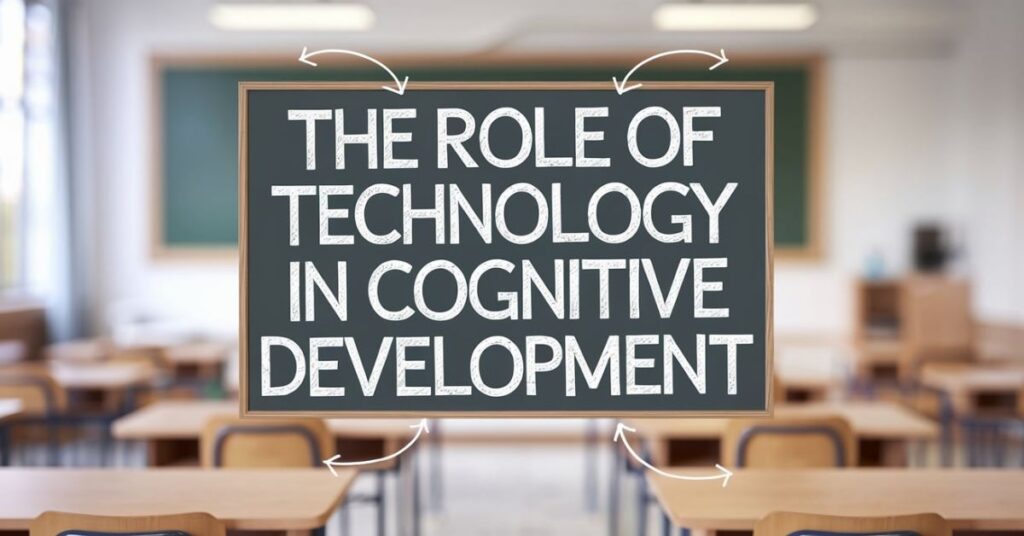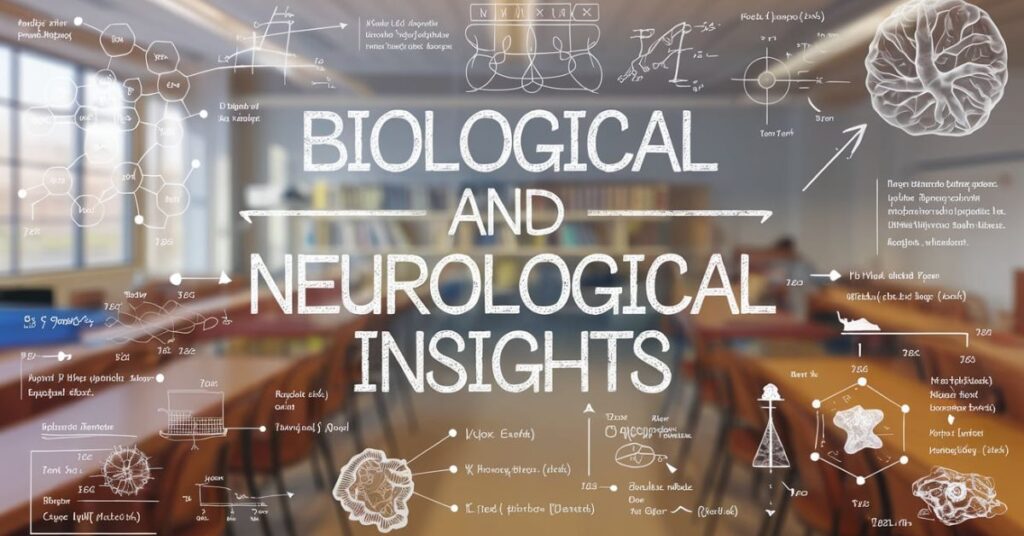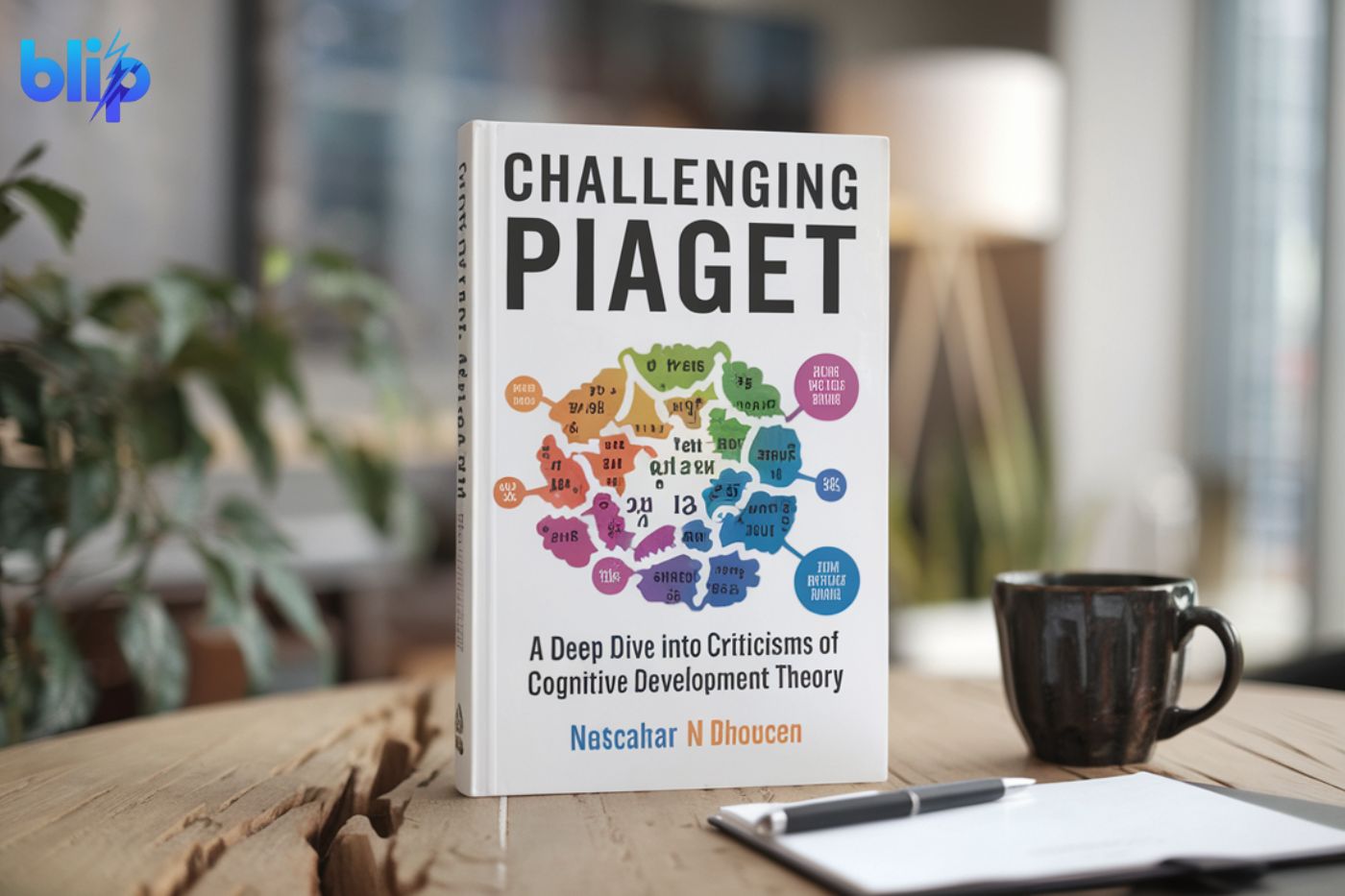Piaget’s theory of cognitive development has revolutionized our understanding of how children think and learn. It’s a cornerstone of developmental psychology. But like any groundbreaking theory, it’s faced its fair share of scrutiny and criticism over the years.
Imagine a child tackling a complex puzzle. How do they approach it? Piaget had his theories, but are they the complete picture? That’s the fascinating question we’re exploring today. We’ll delve into the various critiques of Piaget’s work, challenging our assumptions about cognitive milestones and learning stages.
From cultural differences to cutting-edge research findings, there’s a wealth of information to unpack. This journey will push us to reconsider what we think we know about the growth of young minds. Get ready to view child development through a new, more nuanced lens.
Universal Stages Under Fire
Piaget’s theory posits that all children progress through the same cognitive milestones in a fixed sequence. But does this hold true across all cultures and individuals? Let’s dig deeper into this contentious aspect of his theory.
Cross-cultural research has revealed significant holes in the idea of universal stages. Children from different parts of the world often demonstrate skills at times that don’t align with Piaget’s predictions. It’s not just about when they reach milestones, but how they approach problem-solving.
For instance, some cultures place a higher value on collective thinking rather than individual problem-solving. This cultural emphasis can lead to developmental patterns that don’t neatly fit into Piaget’s stages. These findings underscore the importance of considering cultural context in cognitive development.
The critique of universal stages opens up exciting new avenues for research and understanding. It prompts us to consider a more flexible, culturally-informed approach to cognitive development.
Underestimating Young Minds

Piaget’s theory suggested that young children were incapable of grasping certain concepts until they reached later developmental stages. However, recent research indicates that he may have underestimated the cognitive abilities of our youngest learners.
Modern studies have uncovered surprising capabilities in infants and toddlers. For example, babies show early signs of understanding object permanence, a skill Piaget thought developed much later. These findings challenge fundamental assumptions about early cognitive abilities.
Innovative experimental methods have been key to these discoveries. New approaches often reveal skills that traditional Piagetian tasks failed to detect. This is reshaping our view of early childhood cognition and prompting a reevaluation of developmental timelines.
Social Factors: The Missing Piece
While Piaget focused heavily on individual cognitive processes, critics argue he overlooked the crucial role of social interactions in learning. This shift in perspective has significant implications for our understanding of development.
Vygotsky’s sociocultural approach emphasizes the importance of social context in cognitive development. He argued that children learn primarily through interactions with others, especially more knowledgeable individuals. This view both complements and challenges Piaget’s ideas.
Language acquisition serves as a prime example of social learning. Children pick up complex linguistic skills through everyday interactions, a process not fully explained by Piaget’s stage theory. This social aspect of learning adds a crucial dimension to our understanding of cognitive development.
The Rigid Stage Debate

Piaget’s theory presents development as a series of distinct, universal stages. However, many researchers now view growth as a more fluid process. The concept of rigid, universal stages is giving way to more flexible models of development.
Skills often develop gradually, with considerable overlap between stages. A child might exhibit advanced reasoning in one area while lagging in another. This variability doesn’t align neatly with Piaget’s framework, suggesting a need for more nuanced models.
Some researchers propose domain-specific development rather than general stages. This means different skills might develop on different timelines, offering a more granular view of cognitive growth.
Methodological Critiques
Piaget’s research methods have come under scrutiny in recent years. His sample sizes were often small and lacking in diversity, which limits the generalizability of his findings.
Many of Piaget’s classic tasks have been criticized for their design. Some argue that these experiments don’t accurately measure children’s true abilities. New, more sensitive tests often yield different results, challenging Piaget’s conclusions.
There’s also concern about potential researcher bias in Piaget’s work. His expectations might have influenced how he interpreted children’s responses. Modern studies strive to control for such biases, leading to more reliable results.
Gender and Individual Differences

Piaget’s theory doesn’t account much for individual differences, including gender. Critics point out that his research was largely male-centric, raising questions about its applicability to all children.
Recent studies show significant variability in cognitive development within age groups. Factors like temperament and learning style can influence how skills emerge. These individual differences challenge the idea of universal developmental paths.
The concept of neurodiversity adds another layer to this critique. Atypical development patterns, such as those seen in autism, don’t fit Piaget’s model well. This highlights the need for more inclusive developmental theories that can account for a wider range of cognitive profiles.
Information Processing Perspective
Modern cognitive science offers an alternative to Piaget’s stage theory in the form of the information processing approach. This perspective focuses on how children handle mental tasks, looking at factors like attention, memory, and problem-solving strategies.
This view sees development as improvements in processing speed and efficiency. As children grow, they get better at managing and manipulating information. This perspective offers a more detailed look at cognitive changes over time.
Metacognition, or thinking about thinking, is a key concept in this approach. It develops gradually and influences how children approach learning tasks. This aspect of cognition wasn’t a focus in Piaget’s original theory but is now recognized as crucial to cognitive development.
Contemporary Cognitive Development Theories
Neo-Piagetian theories attempt to address some criticisms while retaining Piaget’s core ideas. These approaches often incorporate new research findings, offering a more nuanced view of cognitive stages that accounts for individual and cultural differences.
Dynamic systems theory sees development as a complex, interconnected process. It emphasizes how various factors interact to shape cognitive growth. This holistic approach contrasts with Piaget’s more linear model and provides a framework for understanding the complexity of development.
Cognitive neuroscience models combine brain research with psychological theories. They offer insights into the physical basis of cognitive development, providing a more complete picture of how children’s minds grow and change over time.
The Role of Technology in Cognitive Development

In our digital age, technology plays an increasingly significant role in children’s cognitive development. Let’s explore how screen time and digital interactions are shaping young minds:
- Digital Literacy: Children today develop tech skills earlier than ever before.
- Attention Span: Some studies suggest technology may impact attention spans.
- Problem-Solving: Many digital games promote strategic thinking and problem-solving.
- Social Skills: Online interactions present new challenges and opportunities for social development.
- Information Processing: The internet changes how children access and process information.
These technological influences weren’t part of Piaget’s world, highlighting the need for updated theories that account for our digital reality.
The Impact of Nutrition on Cognitive Growth
Nutrition plays a crucial role in brain development, an aspect not addressed in Piaget’s theory. Here’s a table summarizing key nutrients and their cognitive benefits:
| Nutrient | Cognitive Benefit | Food Sources |
| Omega-3 Fatty Acids | Brain structure, memory | Fish, flaxseeds |
| Iron | Attention, learning | Leafy greens, meat |
| Zinc | Processing speed | Nuts, whole grains |
| Vitamin B12 | Nerve function | Eggs, dairy |
| Vitamin D | Neurotransmitter synthesis | Sunlight, fortified foods |
Understanding these nutritional impacts adds another layer to our comprehension of cognitive development.
Emotional and Motivational Factors
Piaget’s theory doesn’t say much about how emotions affect thinking. But we now know feelings play a significant role in cognitive development. Emotional experiences can shape how children learn and remember information.
Self-regulation is an important skill that develops over time. It involves managing emotions and behavior to achieve goals. This ability isn’t well-explained by Piaget’s cognitive stages but is crucial for understanding how children learn and develop.
Motivation also influences how and what children learn. Interests and personal goals can drive cognitive development in specific areas. This individual-driven aspect of growth isn’t captured in Piaget’s universal stage model but is increasingly recognized as important.
Biological and Neurological Insights

Advances in neuroscience have shed new light on cognitive development. Brain imaging studies reveal how neural connections change as children grow. This biological perspective wasn’t available in Piaget’s time and offers new insights into the physical basis of cognitive development.
The concept of brain plasticity challenges some of Piaget’s ideas. We now know the brain remains changeable throughout life. This suggests more flexibility in development than Piaget’s theory allows for, opening up new possibilities for understanding cognitive growth.
Genetic factors also play a role in cognitive development. Some children may be predisposed to certain cognitive strengths or challenges. This genetic influence adds complexity to developmental theories and highlights the interplay between nature and nurture in cognitive growth.
Read this Blog: Sharp Stabbing Pain on Right Side After C-Section: Causes, Management, and Recovery
Educational Implications
Criticisms of Piaget’s theory have important implications for education. The idea of fixed developmental stages has influenced how schools structure curricula. But if development is more flexible, teaching methods might need to adapt to better serve diverse learners.
Individualized instruction becomes more important if we accept wide variations in development. Teachers might need to assess each child’s abilities more carefully and tailor their approach accordingly. This aligns with modern views on personalized learning and differentiated instruction.
Encouraging critical thinking and creativity might be more effective than waiting for specific cognitive stages to emerge. This shift in focus could lead to more engaging and effective educational experiences that nurture each child’s unique potential.
Bottom Line
Piaget’s theory of cognitive development has been hugely influential. It provided a framework for understanding how children think and learn. But as we’ve seen, it’s not without its critics.
Modern research has challenged many of Piaget’s core ideas. From the universality of stages to the underestimation of young children’s abilities, there’s much to reconsider. These critiques don’t negate Piaget’s contributions but encourage a more nuanced view.
As we move forward, integrating various perspectives seems key. Combining insights from neuroscience, cultural studies, and psychological research can offer a richer understanding. The goal is a more comprehensive, flexible model of how children’s minds develop.
Frequently Asked Questions
Did Piaget get everything wrong about cognitive development?
No, Piaget made many valuable contributions, but modern research has refined and expanded his ideas.
How do cultural differences affect cognitive development?
Cultural context can influence the timing and nature of cognitive milestones, challenging universal stage theories.
Are babies smarter than Piaget thought?
Recent research suggests infants have more advanced cognitive abilities than Piaget originally believed.
How does the information processing approach differ from Piaget’s theory?
It focuses on mental processes like attention and memory rather than broad developmental stages.
What are the educational implications of criticisms of Piaget’s theory?
They suggest a need for more individualized, flexible approaches to teaching and curriculum design.

Zade Smith is a Proficient writer on TechsBlip, dedicated to delivering high-quality content that bridges the gap between medical research and accessible, reader-friendly guidance. With a keen interest in promoting healthy lifestyles and disease prevention, Zade’s writing offers expert insights, actionable tips, and evidence-based information to help readers make informed decisions about their health and wellness

